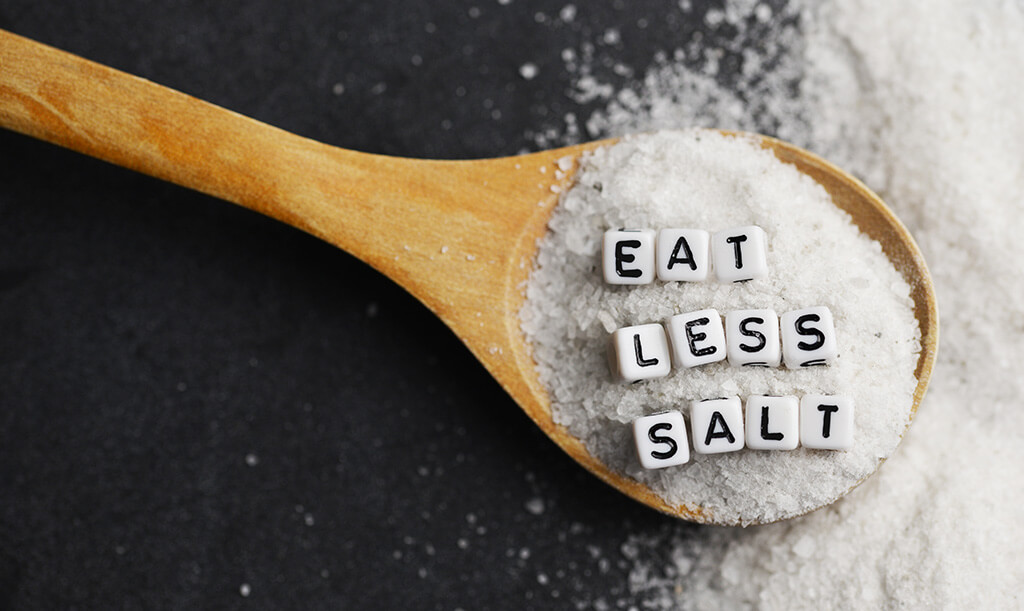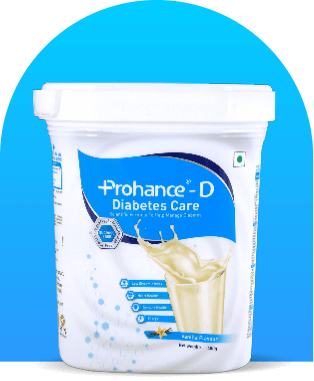Avoiding these key foods could be your first step for optimal blood sugar control and a vibrant, energetic life.
Embarking on a journey to manage diabetes involves not only mindful choices but also a keen awareness of what goes on your plate. Nutrition plays a pivotal role in diabetes management, and understanding which foods to avoid is crucial for maintaining stable blood sugar levels. In this listicle, we’ll explore the dietary landscape, highlighting the culprits that can spike blood glucose and hinder your path to optimal health. By steering clear of these problematic foods, you can take a proactive step towards better diabetes control and overall well-being.
Saturated fat and trans-fat play a much more significant role in increasing blood cholesterol, resulting in an increased risk of heart disease. Since foods that are typically high in dietary cholesterol are also high in saturated fat, it’s easiest to focus on limiting saturated fat. Avoid animal proteins like butter, meat, as well as high-fat dairy products. Eliminate palm kernel and coconut oils.
3. Drinks sweetened with sugar [6][7]
Research has also shown that drinking sugary drinks is linked to type 2 diabetes. Sugary drinks also raise blood glucose (blood sugar) and can provide several hundred calories in just one serving. Just one 12-ounce can of regular soda has about 150 calories and 40 grams of sugar, a type of carbohydrate (carb). This is the same as 10 teaspoons of sugar. Sodas, sweet tea, fruit drinks, and lemonade can lead to weight gain and can worsen diabetes.
Diabetes damages the lining of your arteries. This means it’s more likely that cholesterol will stick to them, making them narrow or even blocked. If you have diabetes, you will usually have lower levels of HDL (good) cholesterol and higher levels of LDL/non-HDL (bad) cholesterol. Cholesterol sources include high-fat dairy products and high-fat animal proteins, egg yolks, liver, and other organ meats. One should aim for no more than 200 milligrams (mg) of cholesterol a day.

Although salt does not affect blood glucose levels, it’s important to limit the amount you eat as part of your diabetes management because too much salt can raise your blood pressure. People with diabetes are more likely to be affected by high blood pressure, which increases the risk of heart disease, stroke and kidney disease. Aim for no more than 2,300 mg of sodium a day.
